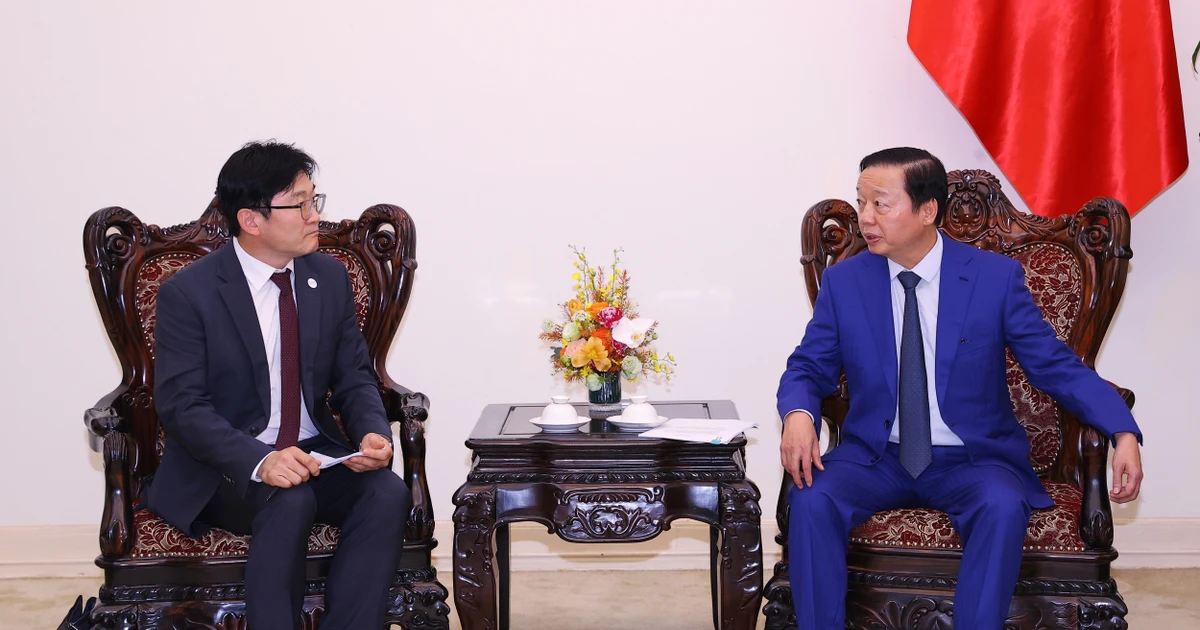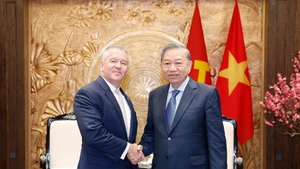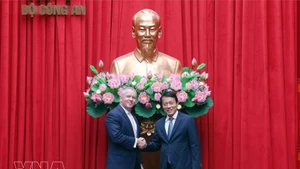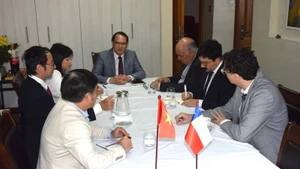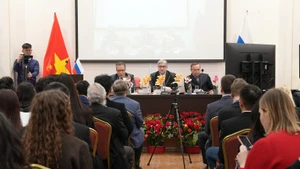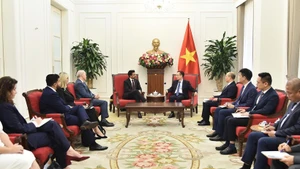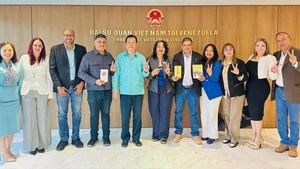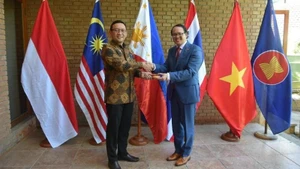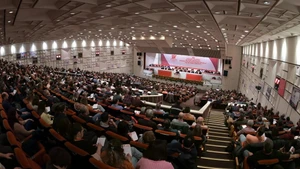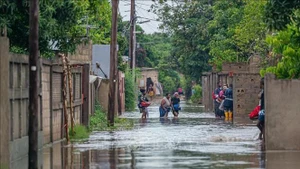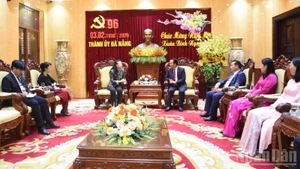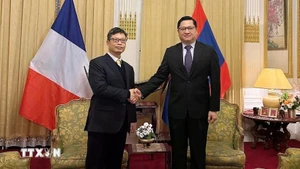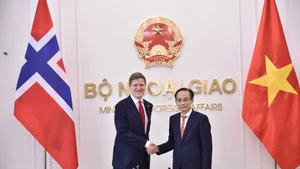Ha stressed that centralised water supply for the Mekong Delta has been identified as a key priority in the Government’s regional development strategies and plans. He commended Samsung E&A’s investment in this vital sector.
He also underscored the need to integrate water pipeline systems with broader infrastructure plans covering transportation, electricity, and technical utilities, particularly for underground systems along newly-built roads. The projects, he said, must ensure both visual harmony and safety for road and waterway traffic.
Kim, for his part, said the company is active in industrial and environmental sectors, and possesses advanced technologies for underground wastewater treatment systems that enable public infrastructure development above ground.
According to him, Samsung E&A, in collaboration with its Vietnamese partner DNP Water, is advancing several freshwater supply projects in the Mekong Delta to enhance climate resilience and counter saltwater intrusion. Notably, the Tien River raw water supply project has a designed capacity of 600,000 cu.m per day.
In October, Samsung and DNP Water began construction of the project’s Phase 1 valued at 1.82 trillion VND (70 million USD), with a capacity of 300,000 cu.m per day. Slated for completion in the fourth quarter of 2026, it aims to ensure freshwater supply for about 2 million residents in coastal areas of Dong Thap, Tay Ninh, and Vinh Long provinces.
The Hau River raw water supply project, meanwhile, seeks to bolster surface water sourcing from the river’s upper reaches, gradually reducing dependence on groundwater extraction that causes land subsidence. The project also aims to secure domestic and industrial water supplies and strengthen climate change adaptation for the Ca Mau Peninsula. Its initial design capacity is about 600,000 cu.m per day, with pipeline infrastructure costs estimated at roughly 6 trillion VND (228 million USD).
The guest also signaled interest in urban wastewater treatment projects across the Mekong Delta, Dong Nai province, and Ho Chi Minh City.
